

Exploring the Evolution of Private Brands in Japan's Retail Sector
The latest edition of the research journal 'Ryutsu Joho' delves into the evolving landscape of private brands (PB) within Japan's retail sector. These brands have grown in popularity across the country, becoming increasingly pervasive among consumers, while retailers seem to be doubling down on their investment in PB. This edition is particularly timely, as it reflects a significant shift in how PBs are perceived amid growing collaborations with major manufacturers, resulting in blurred lines between private brands and national brands (NB).
1. Learning from European Trends
Koen de Jong (IPLC), an expert in European private brands, outlines how the expansion and premiumization of the PB portfolio are taking place in Europe. His insights suggest that Japanese retailers could benefit from examining strategies that have proven effective overseas, particularly amid the rise of consumer preference for high-quality private label products.
2. Shifts in Consumer Perception
A study led by Yasuhiro Yamazaki and Motokazu Tajima from the Distribution Economy Institute reveals how consumers in Japan have altered their views on PBs. Formerly associated with lower price and quality, PBs are now recognized for their value, especially as consumers demand more from their purchases in a climate of rising prices. Notably, PBs that can convey value beyond mere pricing are increasingly crucial in retailers' strategies.
3. Co-op Private Brands
The article by Gaku Suzuki from the Co-op Research Institute examines the Co-op products, which have been developed and refined since the post-war era. Today, Co-op branding is a cornerstone of Japan's retail landscape and a significant player internationally.
4. Practical Insights for Japanese Retailers
Wataru Kamiya provides implications of the European and American PB practices for Japanese retailers. Notably, the growth of premium PBs in countries like the UK and the US indicates a need for Japan's retail sector to focus on quality enhancement and possibly redefine its PB strategies. With consumers increasingly aware of PB quality, there is a predicted shift towards higher value-added products that stand in competition not just with national brands, but with high-end services like those offered by restaurants.
The issue will be released on May 7, 2025, continuing to serve industry professionals with in-depth research and actionable insights into the world of private brands. For more details, visit the Ryutsu Joho website.
This journal is bi-monthly and provides unique content catered for members engaged in various fields related to distribution, marketing, and academia. The recurring insight into market dynamics and consumer behavior will undoubtedly assist stakeholders in navigating the evolving landscape of retail effectively.
Subscription Information: Available at a fee of 33,000 yen, including digital access and downloadable content from January 2017 onwards.

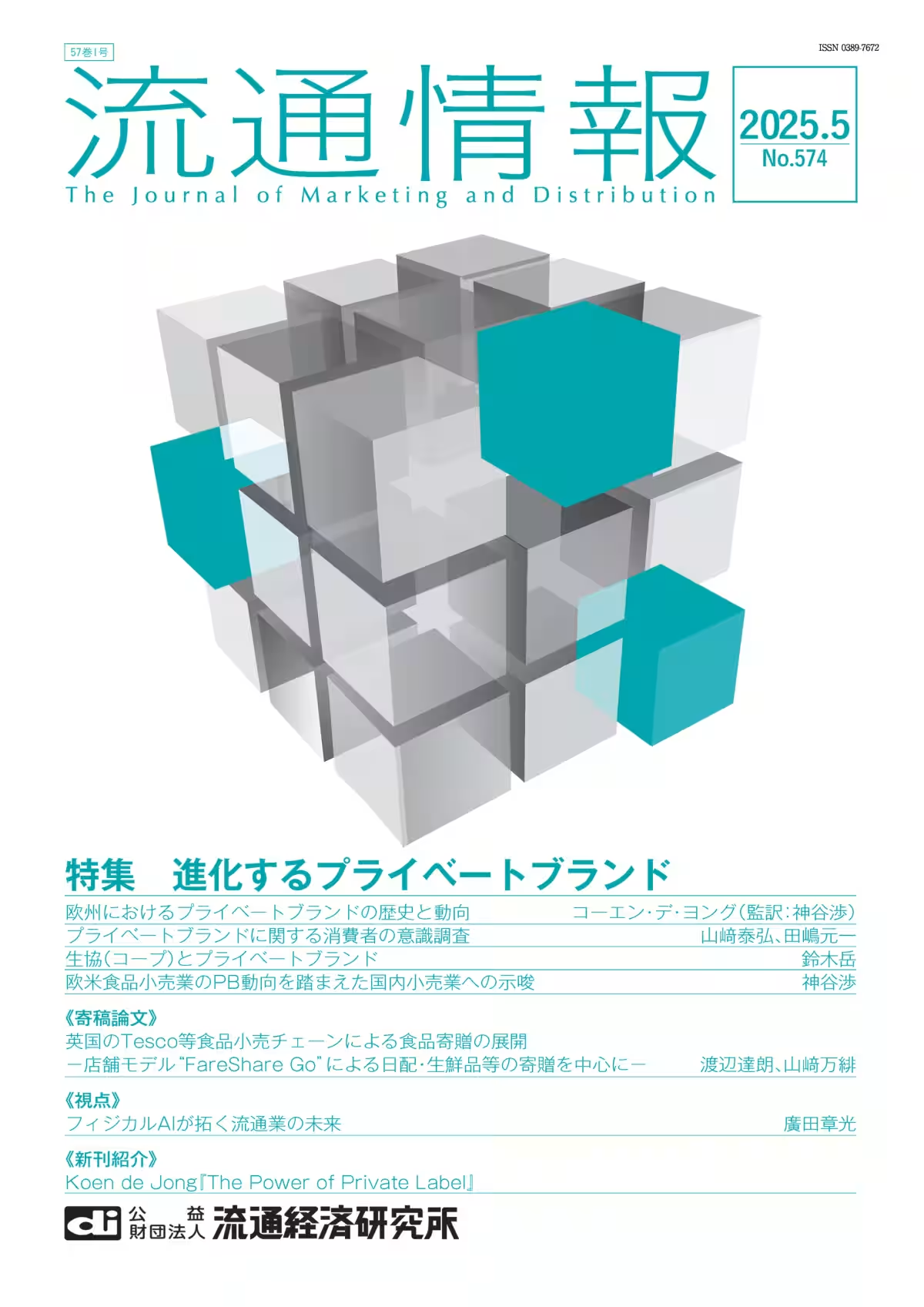
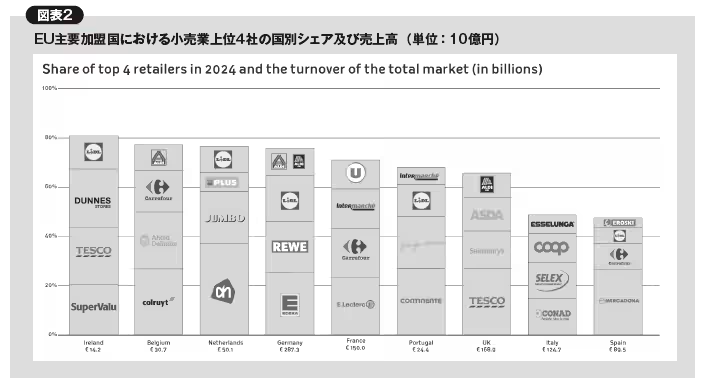
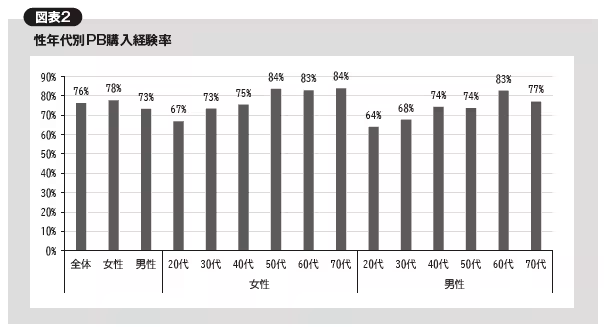
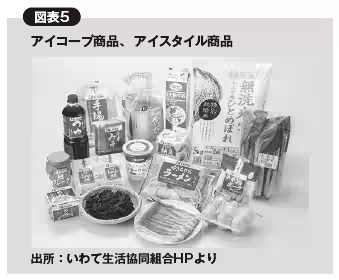
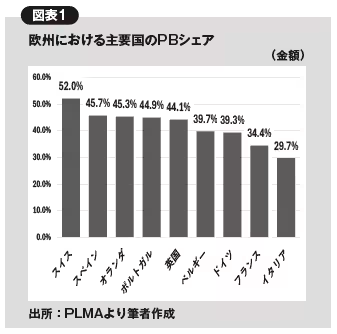
Key Highlights:
1. Learning from European Trends
Koen de Jong (IPLC), an expert in European private brands, outlines how the expansion and premiumization of the PB portfolio are taking place in Europe. His insights suggest that Japanese retailers could benefit from examining strategies that have proven effective overseas, particularly amid the rise of consumer preference for high-quality private label products.
2. Shifts in Consumer Perception
A study led by Yasuhiro Yamazaki and Motokazu Tajima from the Distribution Economy Institute reveals how consumers in Japan have altered their views on PBs. Formerly associated with lower price and quality, PBs are now recognized for their value, especially as consumers demand more from their purchases in a climate of rising prices. Notably, PBs that can convey value beyond mere pricing are increasingly crucial in retailers' strategies.
3. Co-op Private Brands
The article by Gaku Suzuki from the Co-op Research Institute examines the Co-op products, which have been developed and refined since the post-war era. Today, Co-op branding is a cornerstone of Japan's retail landscape and a significant player internationally.
4. Practical Insights for Japanese Retailers
Wataru Kamiya provides implications of the European and American PB practices for Japanese retailers. Notably, the growth of premium PBs in countries like the UK and the US indicates a need for Japan's retail sector to focus on quality enhancement and possibly redefine its PB strategies. With consumers increasingly aware of PB quality, there is a predicted shift towards higher value-added products that stand in competition not just with national brands, but with high-end services like those offered by restaurants.
Summary of Research Articles:
- - Historical Trends in European Private Brands
- - Consumer Awareness and Behavior Towards PBs
- - The Role of Co-op Brands in Japan
- - Recommendations for Japan's Retail Sector
Upcoming Features in Ryutsu Joho:
- - The examination of Tesco’s charitable initiatives related to food donations.
- - Insights into physical AI's potential in transforming the retail industry.
The issue will be released on May 7, 2025, continuing to serve industry professionals with in-depth research and actionable insights into the world of private brands. For more details, visit the Ryutsu Joho website.
This journal is bi-monthly and provides unique content catered for members engaged in various fields related to distribution, marketing, and academia. The recurring insight into market dynamics and consumer behavior will undoubtedly assist stakeholders in navigating the evolving landscape of retail effectively.
Subscription Information: Available at a fee of 33,000 yen, including digital access and downloadable content from January 2017 onwards.






Topics Consumer Products & Retail)










【About Using Articles】
You can freely use the title and article content by linking to the page where the article is posted.
※ Images cannot be used.
【About Links】
Links are free to use.